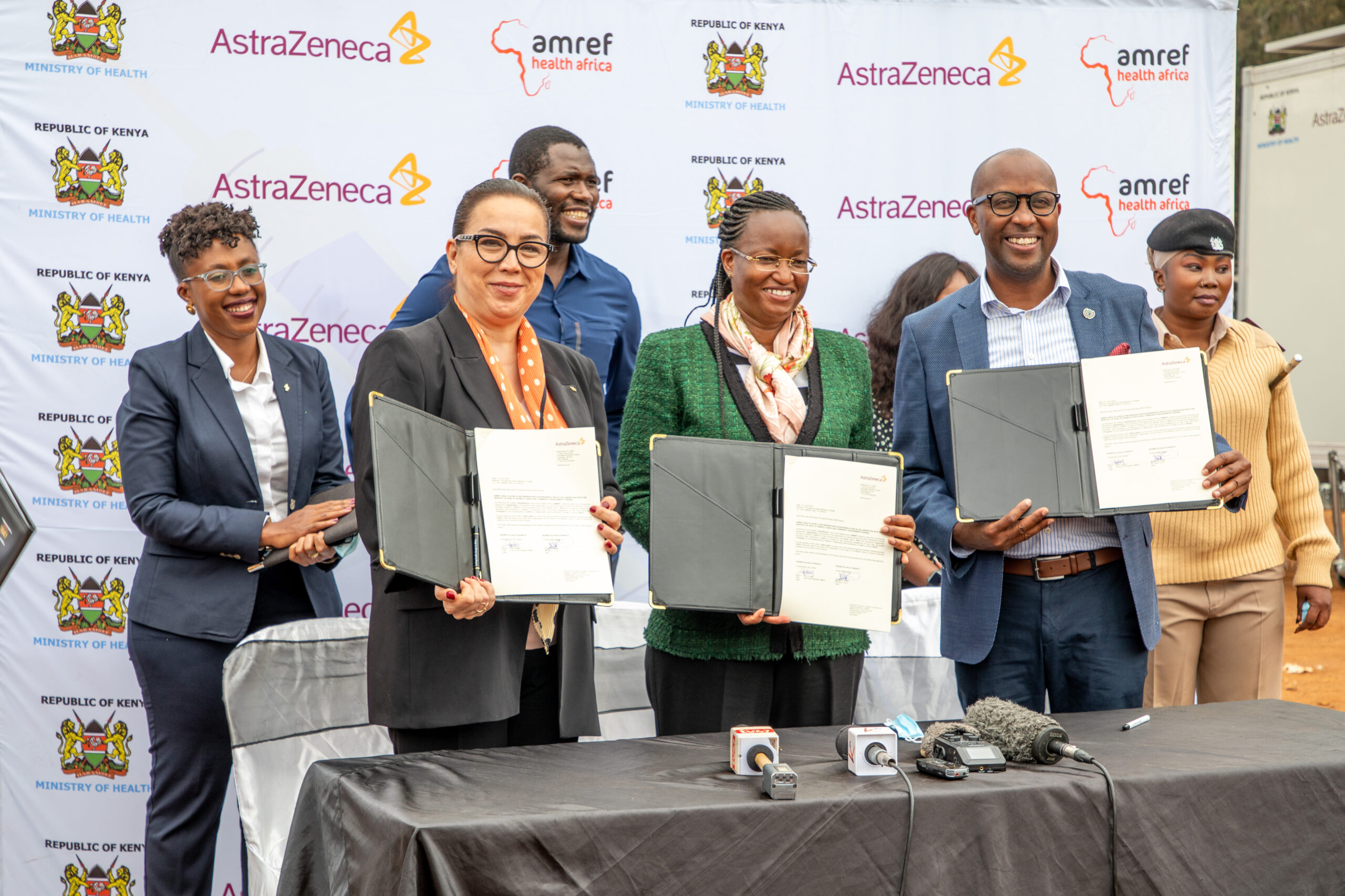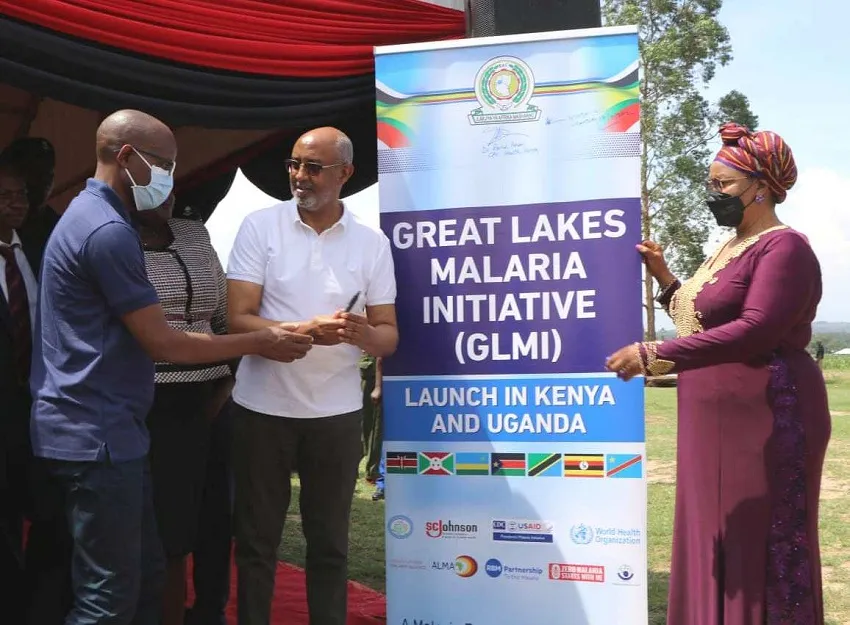Bridging the policy-action gap: a scoping review of climate-resilient malaria control policies in Kenya and Zambia with recommendations for strengthening the WHO framework
Friday, 29 August, 2025
This study examined policy-action gaps in climate-resilient malaria control strategies in Kenya and Zambia, where climate change has intensified malaria risks through altered weather patterns and extended mosquito breeding seasons. Using a systematic literature review guided by the PRISMA model, the study analyzed 19 peer-reviewed articles and policy documents published since 2010. It identified key challenges including weak health infrastructure, inadequate funding, poor integration of climate data, and fragmented stakeholder coordination. The lack of clear implementation metrics and cross-sector collaboration further hindered effective policy execution. The study concludes that addressing these gaps through improved multi-sectoral coordination, climate data integration, and sustainable financing is essential for long-term malaria control in the face of climate change.







